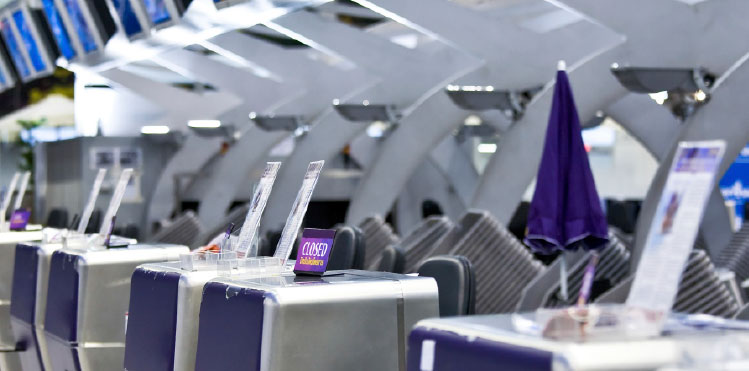
Amadeus’ next generation cloud-based common use platform provides a cost-effective approach to providing more customised and flexible passenger processing.
Progressive airports are embracing the latest technologies across all aspects of their businesses, as they strive for the continual enhancement of the passenger experience.
The intelligent use of next generation common use technologies is one way in which airports are achieving this. Innsbruck is one such airport pioneering new technology in the airport ecosystem. It is the first to adopt Amadeus’ next generation cloud-based common use platform, which delivers a range of new solutions: Airport Common Use Service (ACUS), Airport Baggage Reconciliation System (BRS), and Airport Passenger Verification (PV). The benefits are multiple: ACUS allows airlines and ground handling companies to leverage application virtualisation and cloud technology to access passenger processing systems, while also providing logistical benefits to the airport by allowing it to easily reassign passenger check-in and boarding operations. BRS similarly uses a common data source, and requires minimal training and no server installation; and PV permits automated passenger checks at various points within the airport, enabling the airport to make informed decisions, offer more tailored services, or upsell airport loyalty programmes.
John Jarrell, Head of Airport IT at Amadeus, is driving the development of these pioneering platforms, following the launch of the company’s new airport IT portfolio two years ago. He gave an engaging account to Airport Business about the innovation that can occur in common use, replacing older concepts and infrastructure. “Airports are facing numerous business challenges today, not least struggling to cope with increasing passenger traffic when aeronautical revenues are declining,” Jarrell explained. “Thus our aim is to offer Innsbruck a cost-effective approach to providing more customised and flexible passenger processing. These solutions are part of Amadeus’ broader commitment to improve airports’ passenger experience and operational efficiency.”
He added that passenger, airport and airline benefit from the platform as the environment is very quick and, because it’s a cloud-based product, it’s also easy to use on mobile devices, which can be connected to a Bluetooth printer to issue boarding passes, tickets, etc.
The feedback from Innsbruck is certainly overwhelmingly positive. “I personally went to the airport and interviewed several check-in agents – they all indicated that the solution is working very well and is faster than the product that it replaced,” Jarrell enthused. “We are currently in the implementation stage at a second airport.”
Since launching its new airport IT portfolio two years ago, Amadeus is ahead of its plan and continues to invest in R&D that will see further future innovations to benefit the airports community.
Airports have a clear commitment to optimising operations and the overall passenger experience, and next generation cloud-based common use is helping make this a reality.







